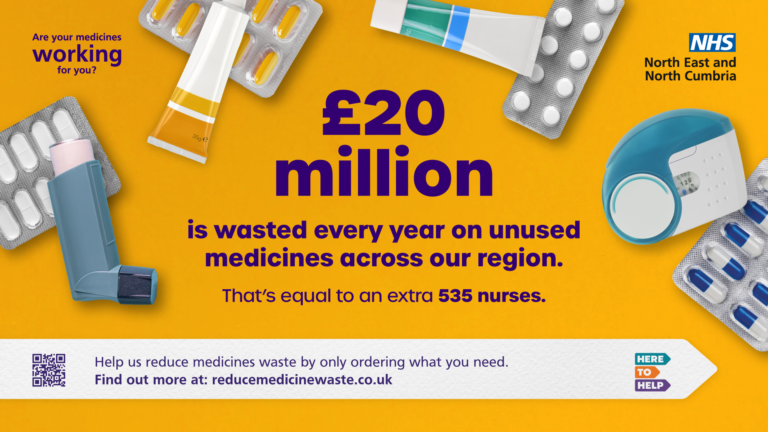NHS Confed Expo 2025: Reflections on a potential turning point for primary and community care.

This year’s NHS Confed Expo, held at Manchester Central, brought together over 5,000 UK health and care leaders for two thought-provoking days. With a shared focus on building a high-quality, integrated, and future-proof NHS, the event could become a pivotal moment in how health services are designed and delivered—especially at neighbourhood and community levels. Read the thoughts of our Co-Chair, Fiona Adamson.
NHS Confed Expo this year felt like more than just an event—it came across as a signal that there is a reset in direction, empowering local leaders, and embracing reform. Speakers, workshops, and exhibitors tackled some of the toughest questions facing health and care. Can we build an efficient NHS that delivers real value for money? Can neighbourhood teams take the lead in transforming outcomes? Can local leaders be trusted with greater autonomy—while still delivering results?
This year, the answer was clearly: yes—but only with the right support, the right leadership, and the courage to do things differently.
Sir Jim Mackey: Resetting the centre, trusting local teams
In his headline session, Sir Jim Mackey, Chief Executive of NHS England, spoke candidly about the need to “reset” the role of central NHS control. He championed trusting local leaders, to innovate and deliver. His message was clear: energy and ambition must flow outward—from neighbourhoods up—not the other way around.
He called for a new contract: one where central oversight is balanced against local autonomy, especially in areas with strong leadership and proven delivery. This could represent an exciting opportunity for neighbourhood health to shine—not as a support act, but as a driving force of NHS transformation.
Dr Penny Dash: efficiency, outcomes and autonomy
NHS England’s Chair laid out a compelling vision for a high-quality, efficient, value-for-money NHS. She made the case that the best results come from innovative, empowered local teams—especially at neighbourhood level.
She described a future where neighbourhood health teams are autonomous, trusted to make decisions close to their communities, but also held accountable for outcomes for local people. Success isn’t just about saving money; it’s about improving lives. And that takes both great clinical and non-clinical leaders—people who know how to inspire teams and deliver change on the ground.
Wes Streeting: reform with equity and purpose
Wes Streeting delivered an authentic and thought-provoking keynote that was well received by the audience. While reaffirming the government’s commitment to investment in the NHS, he didn’t shy away from the need for bold reform.
He made a powerful case that “the patient is King”—and that the NHS must never lose sight of that. He stressed that public health must be taken seriously, and that it’s unacceptable for people in poorer areas to receive poorer care. Equality, access, and quality must go hand-in-hand.
In one of the Expo’s most talked-about moments, Streeting suggested that the NHS should be open to new models of leadership: top GPs running hospitals, and top hospitals running primary and community services. Radical? Eyebrows were definitely raised. But his message was clear: if it improves care, anything could be on the table.
Local innovation, national impact
One of my favourite parts of Expo is hearing from local teams across the country sharing inspiring examples of what’s already working. Some of the most inspiring conference content for me, included:
- Digital and AI innovations that save clinical time, empower patients, and streamline care.
- Community outreach models that take healthchecks into homes, libraries, mosques, and sports clubs—where people feel safe and comfortable.
- Redesigned clinical pathways in hospitals that not only improve the patient journey but also reduce unnecessary travel, thereby cutting the NHS’s carbon footprint.
- Tools such as apps that give patients more control over their care, improve access, and reduce health inequalities.
These weren’t theoretical ideas—they were proven interventions that colleagues were already running.
These are challenging times, but also times of real possibility. For those in primary care especially, we already know lots about our communities, and we are proven innovators. We understand how to listen and to deliver care where it’s needed most. The future of the NHS is being shaped from the neighbourhood up, so let’s be ready!







